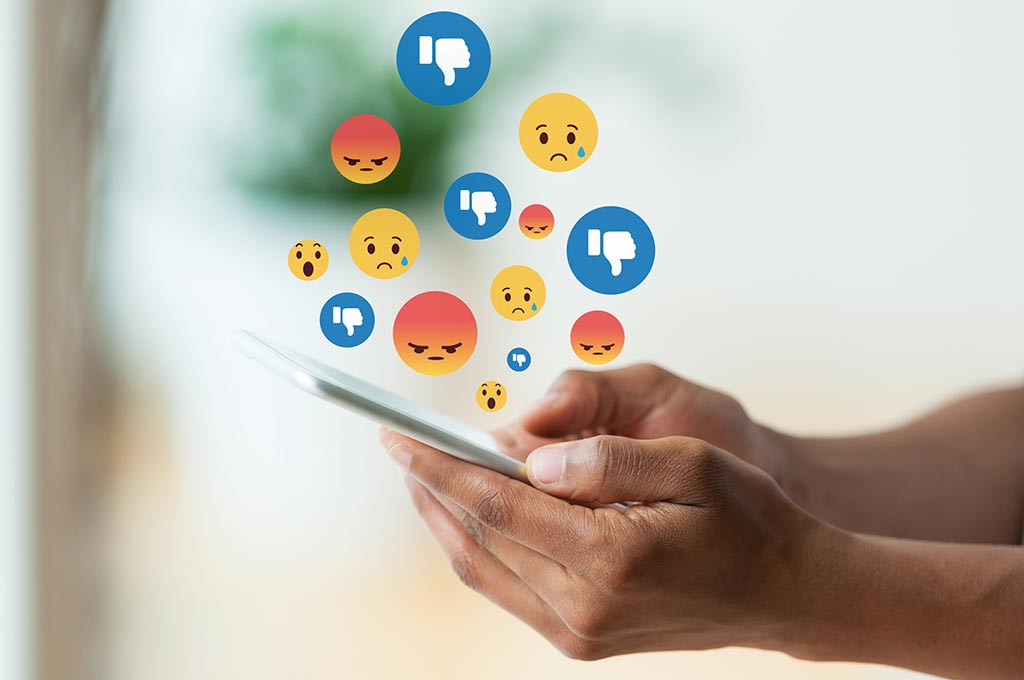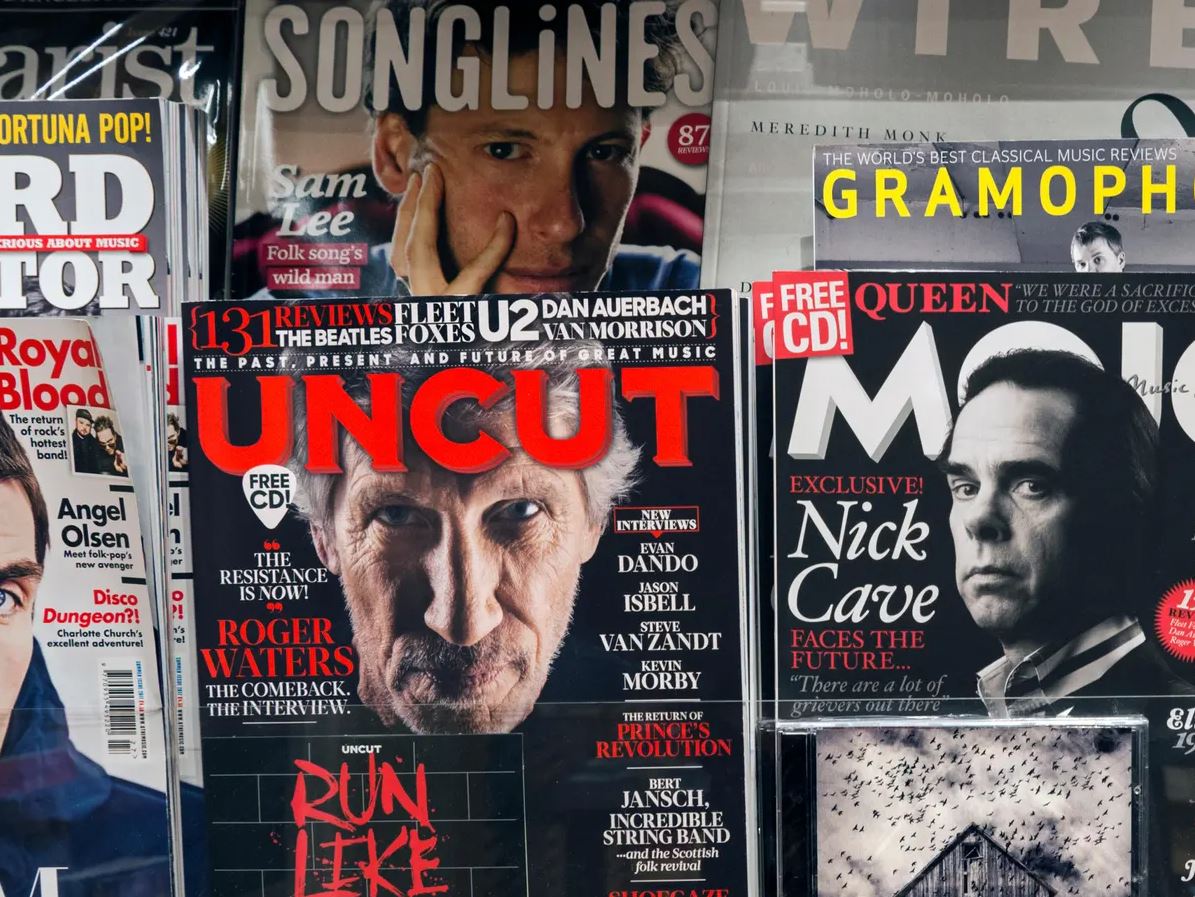Music Reviews: Do They Actually Help Or Hinder Musicians?
For decades, music reviews has been associated with professional music critics, music magazines, and music blogs who claim to be music experts. With the advent of social media, however, music fans turned into music critics who, in some cases, even have the power to change the direction of a fledgling piece of music. Question is: Does music feedback help musicians, or does it actually hinder their creativity? And what happens when so-called “constructive” criticism goes too far?

A historical overview of music criticism
Music criticism has existed since the 1800s. At the time, it was based on the study and interpretation of classical music, and was generally an elitist field that required the critic to have a good understanding of music theory. Growth in education, the popularisation of classical music, and the star status of performers like Liszt created a new kind of music critic who was not necessarily a practising musician.
Music critics only began to take rock and pop seriously after The Beatles broke through in 1964. The “Pop Eye” column in The Village Voice, Melody Maker, Cream, and Rolling Stone were some of the most popular music magazines of the time.
Fast forward to the noughties, and online music blogs began to take over the role of music magazines in providing music feedback. In fact, Martin Edlund of the New York Sun commented: “Internet has democratised music criticism, it seems it’s also spread its penchant for uncritical hype.”
Music reviews have been further democratised with the rise of social media, with YouTube and Twitter in particular becoming public spaces of music criticism – and sometimes brutal feedback.

Music Reviews in the social media age
The free-for-all approach of the social media and streaming age has weakened the power of music magazines to dictate what music fans should listen to. According to adjunct professor of writing and comedy history at New York University, Saul Austerlitz, “music is now effectively free. Music criticism’s former priority — telling consumers what to purchase — has been rendered null and void for most fans.”
Due to the popularity of video-based platforms, artists can now request music reviews from their fans in real-time. Whether it is a promotional teaser or a work-in-progress, musicians can simply upload a clip to their TikTok or Instagram and open themselves to criticism. This two-way communication also fosters a sense of connection between the artist and their fans, as fans feel involved in the artist’s creative process and are more likely to engage with the final song once it is out.
Although this method has proved successful for some artists, it has exposed others to harassment and cyberbullying. Rebecca Black is an example of how Internet fame can lead to an extreme case of cyberbullying. Homophobic comments under Lil Nas X’s TikToks or the entire discourse around Billie Eilish’s body are also cases where music feedback turns into personal attacks, facilitated by the anonymity that the Internet provides.
Final Notes
Music reviews have been around since the 1800s. However, it was nowhere as democratic as it is today. Nowadays, every person with a social media account has a platform to criticise or interact with an artist and play a role in shaping the sound direction of that artist. It is therefore more important than ever for music fans to be aware of the impact they have not only on an artist’s career but also on their mental health.






